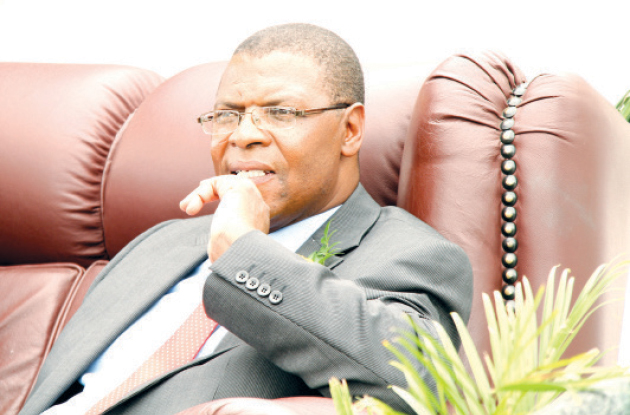Call to liberalise supply of fiscal devices. . . Approved suppliers’ prices too high: Emcoz

Oliver Kazunga, Senior Business Reporter
THE Employers Confederation of Zimbabwe (Emcoz) has called on the Government to liberalise the supply of fiscal devices to address a host of challenges facing businesses in installing the machines.
Through Statutory Instrument 104 of 2010, the Government introduced electronic fiscalised cash registers and fiscal memory devices with the objective of plugging leakages in Value Added Tax payment by businesses.
Of late, among other challenges, concerns have been raised that some fiscal devices were not able to take credit notes resulting in businesses facing challenges in implementing the fiscalisation process.
In a statement, Emcoz president Mr Joe Kahwema said employers have expressed displeasure over the fiscalisation programme as the devices can only be accessed from suppliers approved by Zimra.
“The approved suppliers’ prices are over the top compared to suppliers outside the country. The approved suppliers are usually out of stock and normally require a deposit to order the devices.
“Is it not better to legislate the technical specifications for the devices and leave employers to acquire them to their best advantage?” said Emcoz.
“Since the Government is committed to reimbursing the cost of the device, the financial outlay to it will be less if the devices are competitively sourced.
“If the above argument is accepted, liberalisation of the acquisition of the fiscal devices will address all the reasons why businesses are grumbling at the moment.”
Mr Kahwema also pointed out that the procurement of the fiscal devices from specified suppliers was likely to encourage the formation of a cartel, which keeps prices of the devices artificially high.
Locally, the fiscal devices cost about $1 700 a unit compared to between $150 and $250 in regional countries such as South Africa.
“It is important to point out that business is not grumbling about fiscalisation. It is accepted that it (fiscalisation) is in the national interest. We make the humble suggestion above in the interest of protecting business from profiteering and unsustainable cash outlays in these difficult times.
“It is our sincere hope that both Zimra and the accounting ministry will consider the request and either explain why things have to be like this or allow businesspeople to acquire standard fiscal devices where they can get them for the best value for money,” he said.
“A solution beneficial to business, the revenue collector and above all, the nation should quite easily be arrived at.”
Fiscalisation requires that all businesses under category C register for VAT and operators who were fiscalised in terms of the VAT regulations of 2010 but had not yet interfaced or linked their fiscal devices with the Zimra server were required to have done so by January 1, 2017.
The system also entails that businesses in VAT categories A, B and D should have fiscalised their operations by the stipulated date.
Failure to comply attracts penalties of up to $25 a day and such businesses will not be issued with tax clearance certificates.
Companies that fall in category C are those with an annual turnover of $240 000.
Categories A and B are those registered operators who are submitting returns after every two months while category D clients submit returns on a seasonal basis, or as agreed with the Commissioner General.
Following the roll out of the fiscalisation project, the Zimbabwe Revenue Authority (Zimra) has been working on progress to improve the implementation of the system by businesses.
Zimra envisages that a new and improved fiscalisation system will result in a more prudent way of tax administration.
@okazunga









Comments